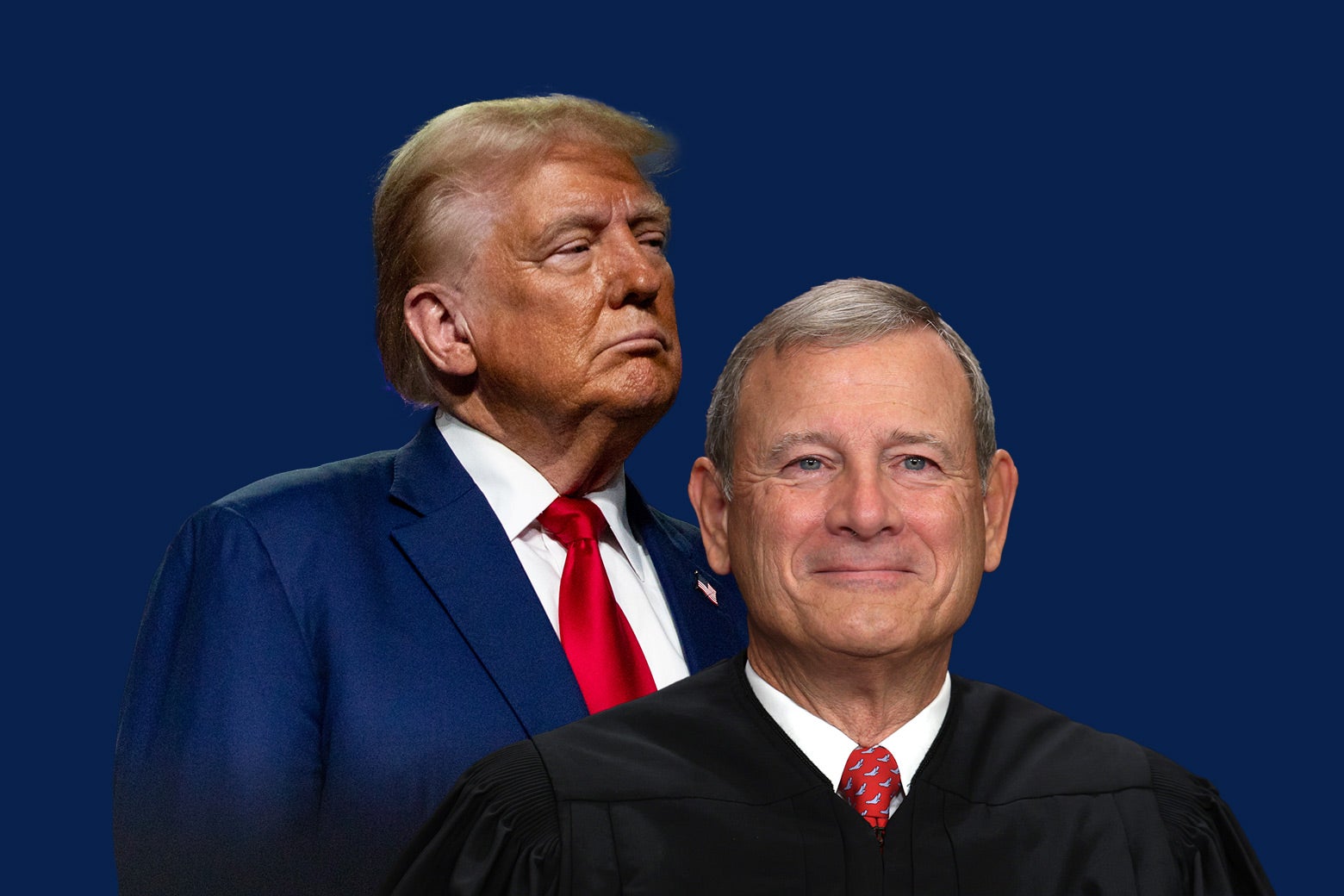Oh, for goodness sake. You're not grasping the very most basic aspect of this.You could've made a well-reasoned, well thought-out argument 24 years ago and judges may have agreed; judges don't just dismiss something and ignore the arguments (I don't know why you think so lowly of judges).
OK, so what, they may have agreed. It's highly unlikely given the makeup of the court, but it's possible, fine.
They also may not. And if they didn't? Well, then, the Constitution wouldn't convey any protection, would it? Just like it didn't for over 200 years.
You seem to think the document itself somehow protects and enforces its contents, according to some objective interpretation that rests outside human reading. But no, it doesn't. If something isn't agreed by those judges to be protected, then it is not protected by operational law. It doesn't matter a single little bit how solid you think your interpretation is. They might not agree.
^ this is a table of all the times a SCOTUS ruling has been overturned by a subsequent SCOTUS ruling. And in the interim between those rulings, you know what the operational law was? It was whatever the first ruling said. The first ruling that was later deemed wrong. No "objective" interpretation mattered a bit during those intervening years or decades.
Are you beginning to grasp, now, how the interpretation of the Constitution in operational law is dependent on a bunch of fallible humans who may not think the same way as you?
Last edited:





